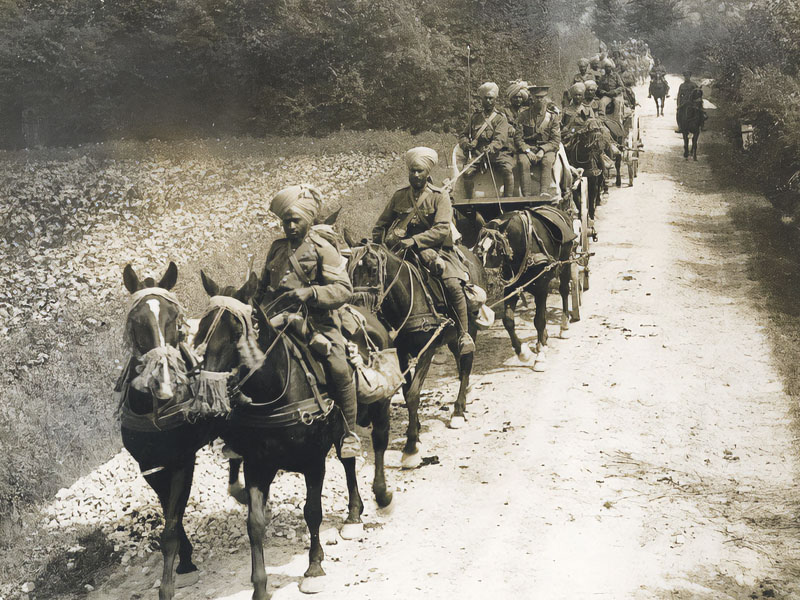Europeana Digitised European Archive
Issue 50

Al Tayib Wild Al Arusi
Digital libraries spread in the world, and the American "Google Library" became very famous. The library cooperated with international libraries, including European and French libraries, such as the Lyon Township Public library, to digitize books.
European culture ministers were concerned about Google’s investment in their heritage and Google’s seizure of digital culture. They were keen to protect their common heritage so they laid out a plan to create a European digital library in 2004, guided by the French president Jacques Chirac and the presidents of Spain and Portugal as well as other partners in Europe.
All European Union member states contributed to the Europeana Project. The European Commission recognized that Google’s book initiative led the European countries to take important steps to preserve their heritage. The French National Library played an important role in boosting the project, which was launched in 2006. According to its former director, Jeanneney, “the project encouraged the European Countries to make thousands of books and a huge quantity of newspapers and magazines available on the Internet”.
In 2007, in conjunction with the French Book Fair, the French National Library presented the European Digital Library site, named "Europeana". Since its launch, the project collected 12,000 rights-free documents and made them available through scanning. 7000 of these documents were from the “Gallica” website of the French National Library, the rest were from the National Library of Hungary and the Portuguese National Library. The European officials unified their efforts to build a European digital library that preserves their collective memory.
The Europeana project was established for public benefit, and has no profitable purpose. The role of this digital library, as confirmed by its founders and supervisors, is “to encourage science and spread culture and knowledge for free without discrimination”. In comparison, the "Google Book" project started free but turned into a huge commercial project that generates millions of dollars after signing an agreement with the American Publishers Association worth $126 million to sell their books online.
Since its inception in 2016, Europeana has been able to provide access to more than forty-eight different types of items (texts, pictures, audios, movies, heritage and folklore archives, etc.).
The project has expanded to include antiquities, museum collections, archives, photos, audio-visual newspapers, magazines, documentaries, as well as rare assets such as the works and collections of great European composers, writers, artists and photographers. Thus, the assets have been diversified and Europeana assets formed a library of references in 23 languages.
Europeana accumulated a great wealth of acquisitions and assets of a panorama of collective memory and European cultural and historical heritage to provide services free of charge. In our present time, the library contains 77 million books, and continues to acquire new assets every day. It has 24 million hours of audio-visual documents, 358 million images, 75 million artefacts, and 10 billion archived pages







































































